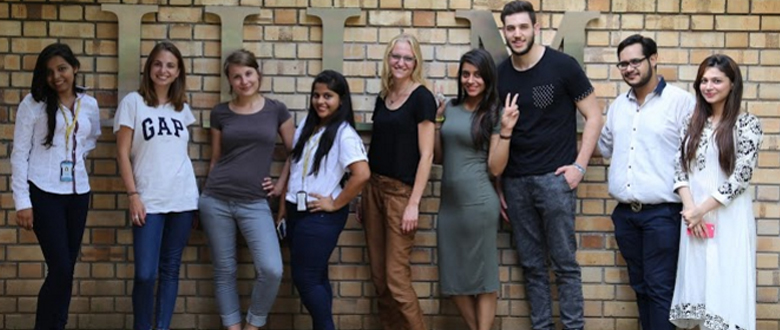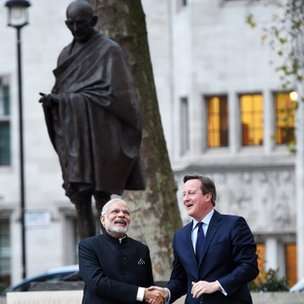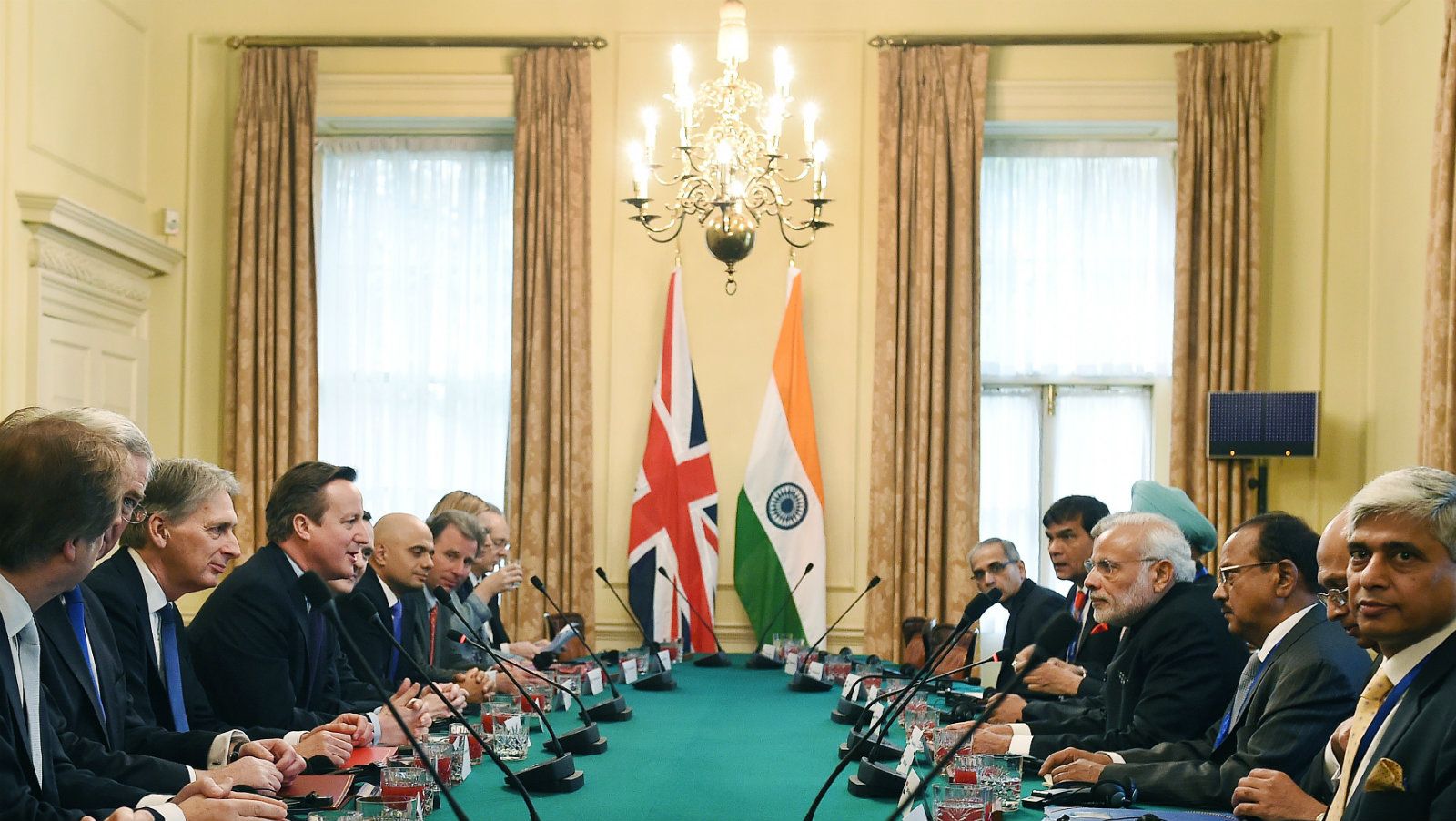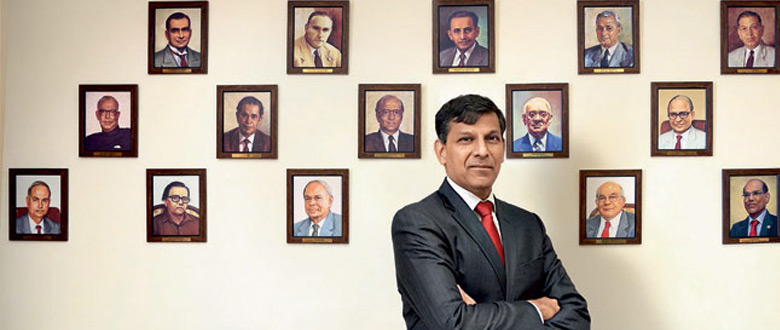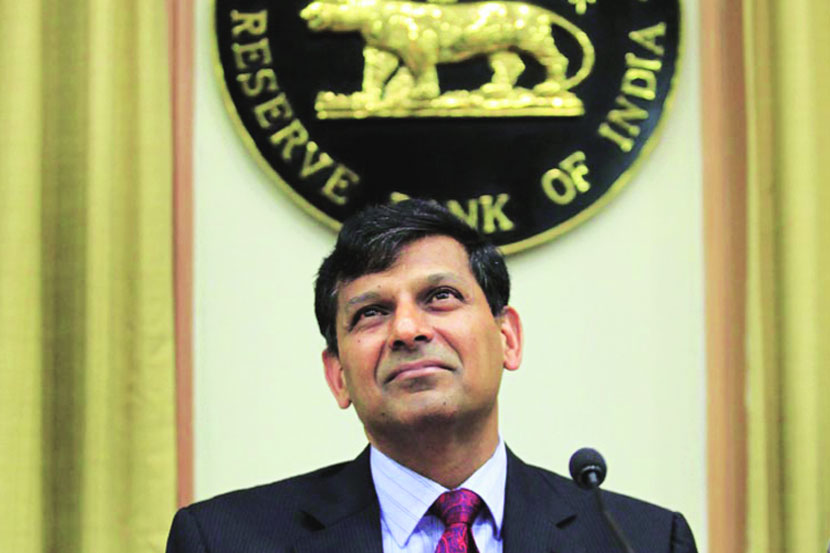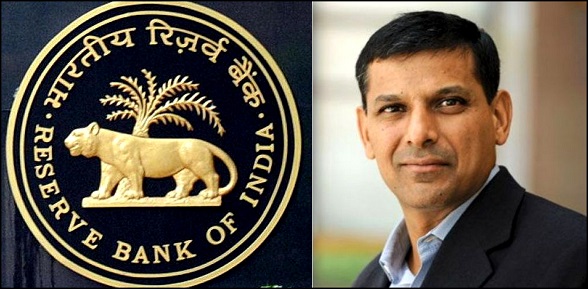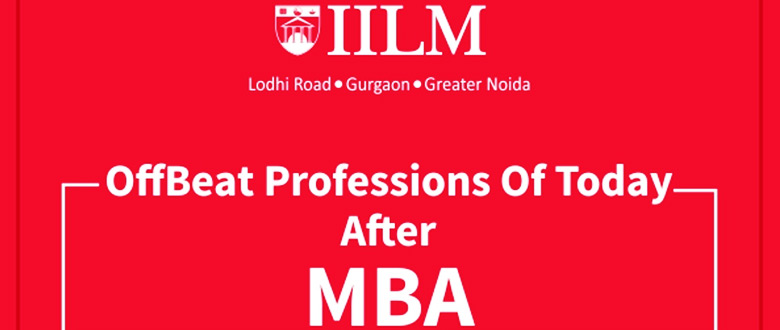Bill Gates(Microsoft), Larry Page (Google), Kunal Shah(Freecharge.in), Gautam Adani (Adani Group) can be considered as an informal list of some billionaire CEOs that dropped out of the high school or University and turn them into self-made billionaires.
The questions here are whether to be an entrepreneur you need to attend an Under Graduate degree program? I can’t fit into regular corporate job so what after degree? I need to enter the family business than why to study? Ask around and we will be confused with the conflicting answers. But a deep thought and few logical arguments can help one to reach a decision necessary and fruitful for the career.
Many young minds with fascinating ideas think that a formal training is optional than a necessity or compulsion, a view point that can be costly for both short term profit and long term growth. May be the young entrepreneur consider a degree course to be an expense rather than an investment. Entrepreneurs do tend to have maverick behavior and their entrepreneurial instinct provoke them to do something different than attending a well-structured degree program in class rooms.
Looking toward Indian scenario, major business houses in India are family businesses and the owners are fairly old, that means many graduated high school long back where instincts are more important than degree. However, if we assess randomly in today’s business arena, it would be interesting to note that entrepreneurs on a whole, tend to have more qualification than others.
Consequently, the idea for the need of formal training in entrepreneurship can be reinforced. Sachin and Binny Bansal (Flipkart), Maanav Garg (Eka Software), Ameera Shah (Metropolis Health care) are some of the well qualified first generation entrepreneurs. Their successes reinforce one’s belief in formal training and its contribution to the entrepreneurial success. Training should be viewed and utilized as capital investment. These formal degree programs may not be result oriented in the beginning but they establish a learning dynamics in would be entrepreneurs’ cognitive system. Along with core business learning, these formal training programs inculcate the learning culture in the candidate. This culture could be further percolated in all the departments of the candidate’s future organization. The learning process shouldn’t be targeted with budget and time related factors. One needs to sit down and assess the class room learning after every trimester or semester to identify the expectations from the course and brainstorm to make the learning outcomes effective and efficient.
It is not always relevant to focus on a handful of mega billionaires success stories and arrive at the conclusion that post-secondary education has no role to play in entrepreneurial success. Education for dome may not be necessary but statistics clearly reveal that there are many more examples of success with education than without it. A college degree is a time which provides an opportunity to grow up and expand the horizon beyond high school and home environment. The vibrant, intellectual and technology driven environment develops a vision required in today’s innovation business growth. Unless you are high school genius or have blessed talent in specific field, without a formal degree you are putting all your cards of success on luck. Hence, it is advisable to understand the role of education than to be fooled by exceptional examples.
The formal UG degree not only imparts subject knowledge and technical skills but it gives a shape to one’s character and enhance the decision making power. It enlightens and logically develops the intuitive capabilities and gives an opportunity to hone the leadership skills.
The class room teaching also explains how to balance work and personal time, meet deadlines and follow through commitments. All these skills are passive but valuable to entrepreneurs. The degree gives not only sense of confidence but also offer a certain sense of credibility when you are about to make deals with the perspective clients, investors and bakers. Without formal education one may be excelling in terms of money measures but what is lacked is the association and network formed during the college days. In future these liaisons and networks could be developed into business ventures. The success mantra for business ventures in today’s world is what you know and who you know.
The new aged leadership institutions impart entrepreneurship training not only based on complex statistical analysis and algorithmic solutions but provide hands on training through case studies, webinars, seminars and business simulations. These state of art institutions have a well-designed overall education in liberal arts which is a super requirement for the entrepreneurs to succeed in this technologically advanced and sensitive 21st century. The courses designed by these new age institutions go to the extent to bring industry into the class rooms. Along with this such institutions arrange several conferences on their campus where young entrepreneurship can meet industry icons, future financers and angel investors.
The world’s top class Universities offering courses at under graduate level offer loan to the students to start their business, thus giving wings to the viable ideas. For example, according to Forbes magazine Babson College, MA, number one ranked college for under graduate entrepreneurship courses offer $3000 to its enterprising students. By the end of the term students are expected to return the loan and also donate any profit they make to charity. Wolff Center for Entrepreneurship University of Houston have started 66 companies and collectively raised more than $7 million as funding. Indian Universities and colleges started understanding their roles in enterprise building are offering exclusive courses on entrepreneurship at under graduate level. They offer Under Graduate degree in Entrepreneurship in collaboration with various established and renowned foreign universities. These colleges not only teach Entrepreneurship but actively engage in creating start-ups by developing incubation cells, offering mentorship and if required provide financial support as well. In the fast changing business games and super competitive environment the formal training imparted by the universities can provide a cutting edge for new era success.
But not to forget, along with a college degree to succeed as an entrepreneur, drive, determination and true passion are the key ingredients. To be cautious, never enter the University for wrong reasons or under any kind of pressure and never present half-baked ideas.




